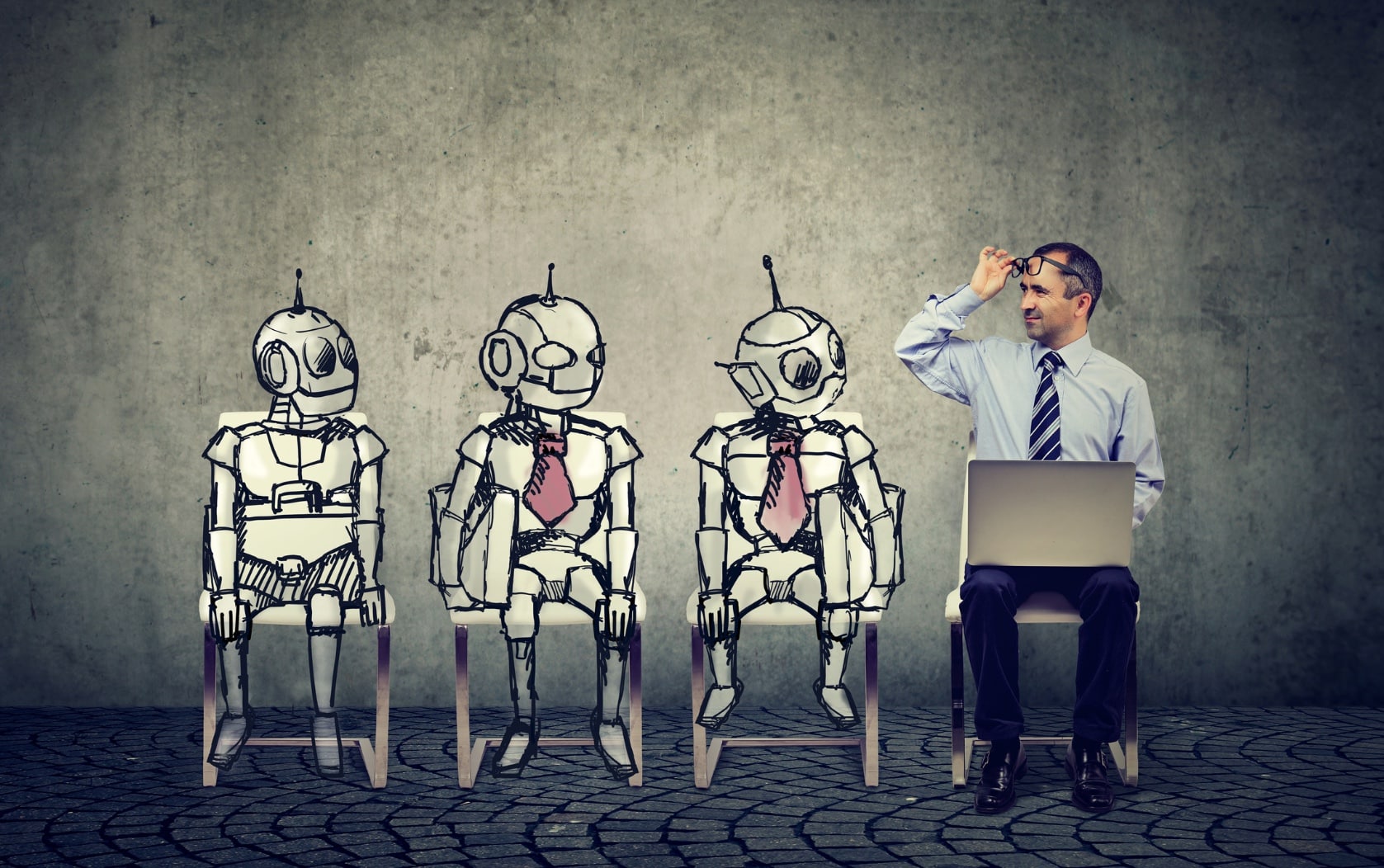According to the “Talent Trends 2024” report, prepared by recruitment firm PageGroup, 54% of people in Poland believe that artificial intelligence (AI) in the workplace will impact their long-term career plans. With the rapid rise in acceptance and awareness of AI, this technology is no longer just a futuristic concept but has become an integral part of everyday professional life. Experts predict that AI will revolutionize many sectors. However, for Poland to keep pace with global leaders, it is crucial to continue developing AI-related skills among workers.
Technological Revolution with Ethical Considerations
In the Polish job market, the development of AI tools, such as ChatGPT, is becoming a catalyst for change, transforming career paths and daily job responsibilities. As a result, companies are increasingly implementing modern technologies to boost productivity and streamline work processes. According to the “Talent Trends 2024” report, 3 out of 10 employees in Poland admit that AI plays a significant role in their career choices today. As AI gains importance, maintaining a balance between innovation and ethics, particularly in the areas of data protection and intellectual property rights, becomes essential.
Poland on the Path to Global Standards
Despite the growing interest in AI, Polish workers still lag behind in its adoption compared to global standards. Currently, 27% of employees in Poland use AI in their work, while globally, this figure stands at 30%. This difference highlights the importance of further training and popularizing AI tools to enable Polish workers to fully utilize this technology. It is also crucial that workers in Poland are not only well-prepared but also enthusiastic about the opportunities AI offers. Equipping them with the skills and knowledge needed to fully leverage AI’s potential is essential.
“At PageGroup, we continuously optimize the responsible use of AI to improve our recruitment processes. We are working on implementing AI solutions in our industry and see tremendous potential and benefits that artificial intelligence can bring in the coming years. However, we place great emphasis on using these tools ethically and thoughtfully. It’s important that our employees stay up to date with AI technologies, as this knowledge will not only help them navigate the changing environment but also add value for our clients and candidates. Investing in AI training helps our teams stay competitive and flexible, supporting innovation while maintaining the high standards of integrity that set us apart,” said Bartłomiej Radawiec, Executive Manager at Michael Page Technology.
“It is very important for employees to train in AI implementation and usage. Simple and repetitive tasks and positions, such as customer service or basic programming, will likely be the first to be replaced. There will be increased demand for individuals who can implement AI solutions, tailor them to company needs, and analyze AI performance and make adjustments to algorithms,” added Piotr Jeziorski, Senior Associate Executive Manager at Michael Page Information Technology.
Tailored AI Approaches in Different Sectors
In Poland, AI is particularly prevalent in three sectors: technology (44% of respondents identified this sector), FMCG (23%), and industry and manufacturing (15%). In the tech industry, AI drives innovation and product development, while in FMCG, it supports supply chain optimization and consumer behavior analysis. In industry and manufacturing, this technology optimizes production processes and enhances operational efficiency. To maximize AI’s potential, its implementation should be tailored to the specific needs of each industry and job type. Therefore, it’s important to analyze how AI can benefit different departments within a company, allowing for optimized results and full use of the technology’s capabilities.
“In the recruitment industry, as in other sectors, a tailored approach to AI implementation, adapted to the specific needs of different departments and teams, is key. Each market segment, from technology to FMCG to manufacturing, has different needs and challenges that AI can help address. In recruitment, this technology can speed up candidate selection by automating initial stages while also supporting personalized experiences for these individuals. Different company departments require customized tools to ensure the real benefits of AI, increasing efficiency without losing the human touch. After all, it is the human element that is the foundation of effective recruitment. That’s why it’s so important to carefully analyze the needs and challenges of each team to fully harness AI’s potential in a balanced and responsible manner,” said Bartłomiej Radawiec.
“Each industry and sector has its own rules. Solutions that work in one sector may not necessarily be applicable in another. That’s why the careful selection of processes to implement AI is so important. In my opinion, there will be a growing demand for specialists who can skillfully analyze company processes and identify where AI can be most effectively implemented. In such roles, both experience in AI and understanding the functioning of a given industry will be crucial,” concluded Piotr Jeziorski.
To learn more about the findings from PageGroup’s Talent Trends 2024 report, visit our website: [Talent Trends](https://www.michaelpage.pl/talent-trends).
Methodology
All data, unless otherwise stated in the report, comes from an online survey conducted by PageGroup and UNLIMITED. Nearly 50,000 respondents from around the world participated in the survey, conducted between November 26 and December 11, 2023.
Source: [ManagerPlus](https://managerplus.pl/rozwoj-ai-a-plany-zawodowe-polakow-54-pracownikow-przewiduje-zmiany-w-karierze-82097)
